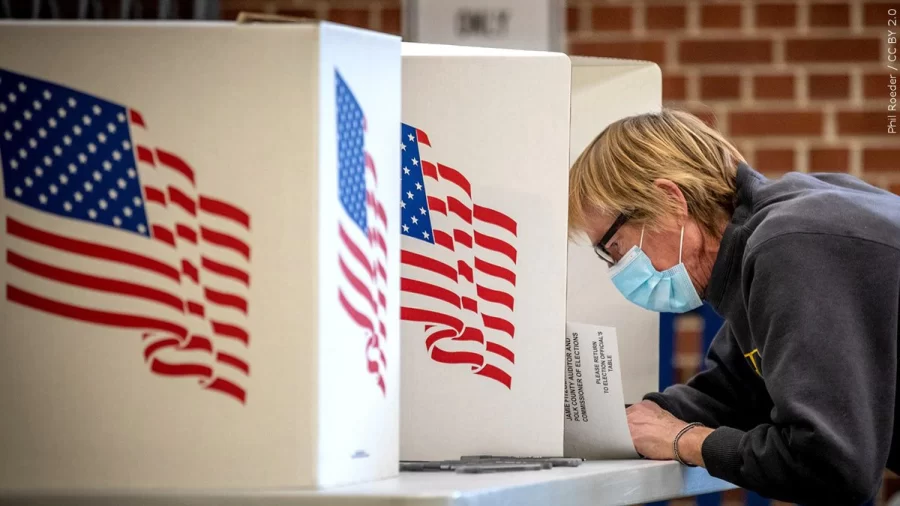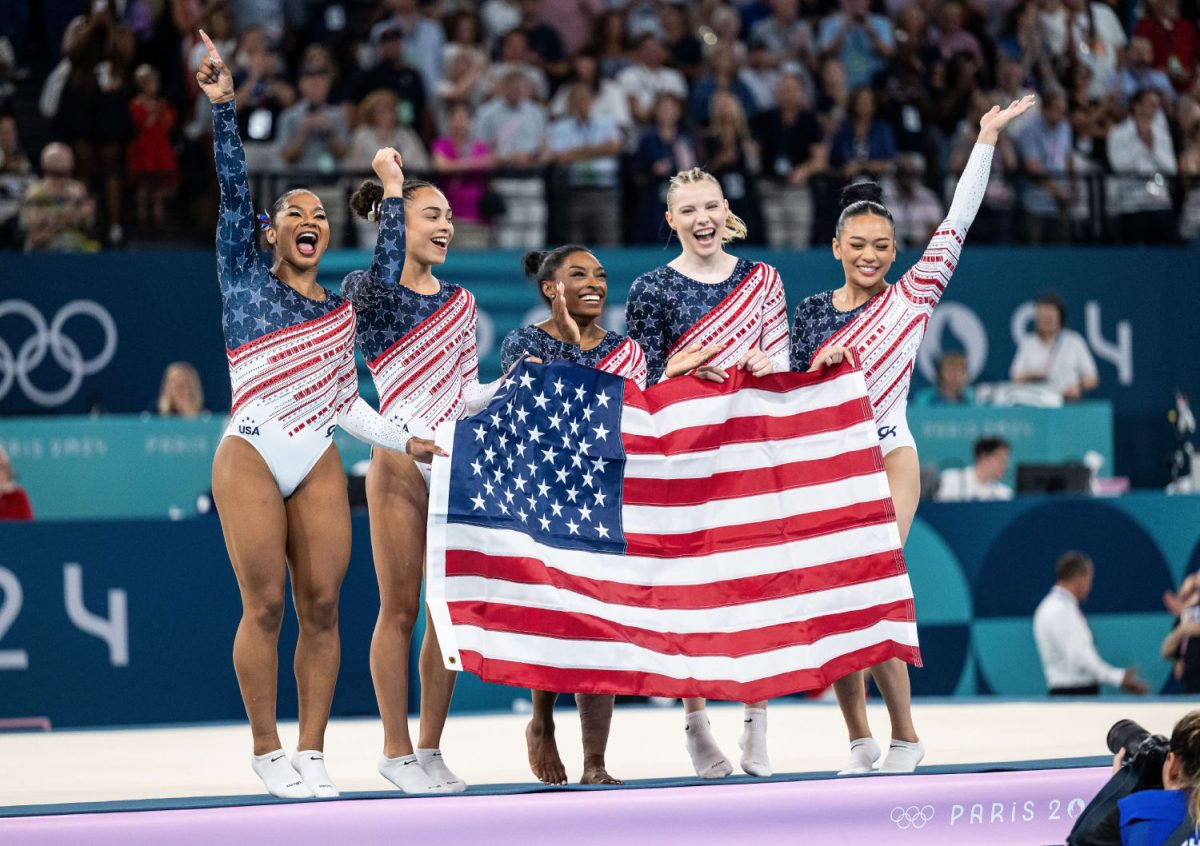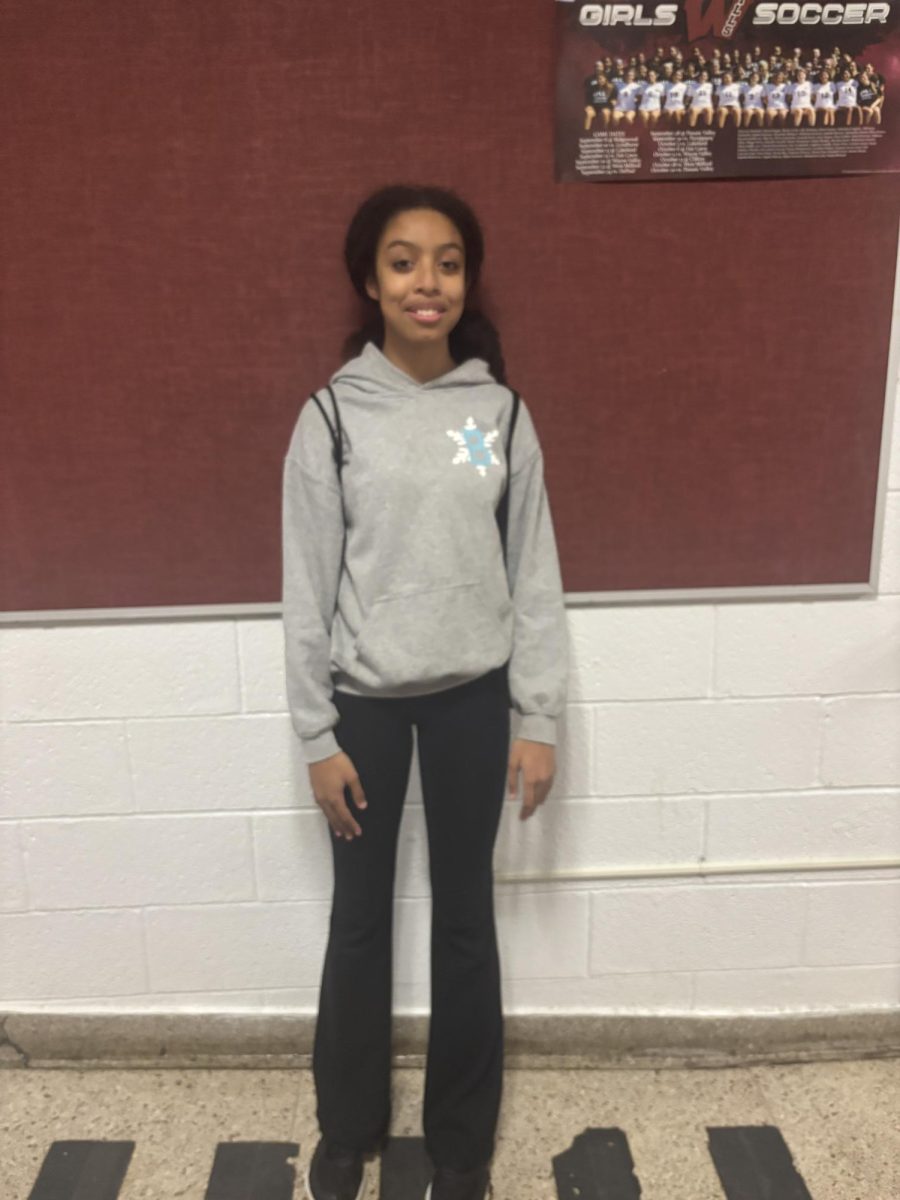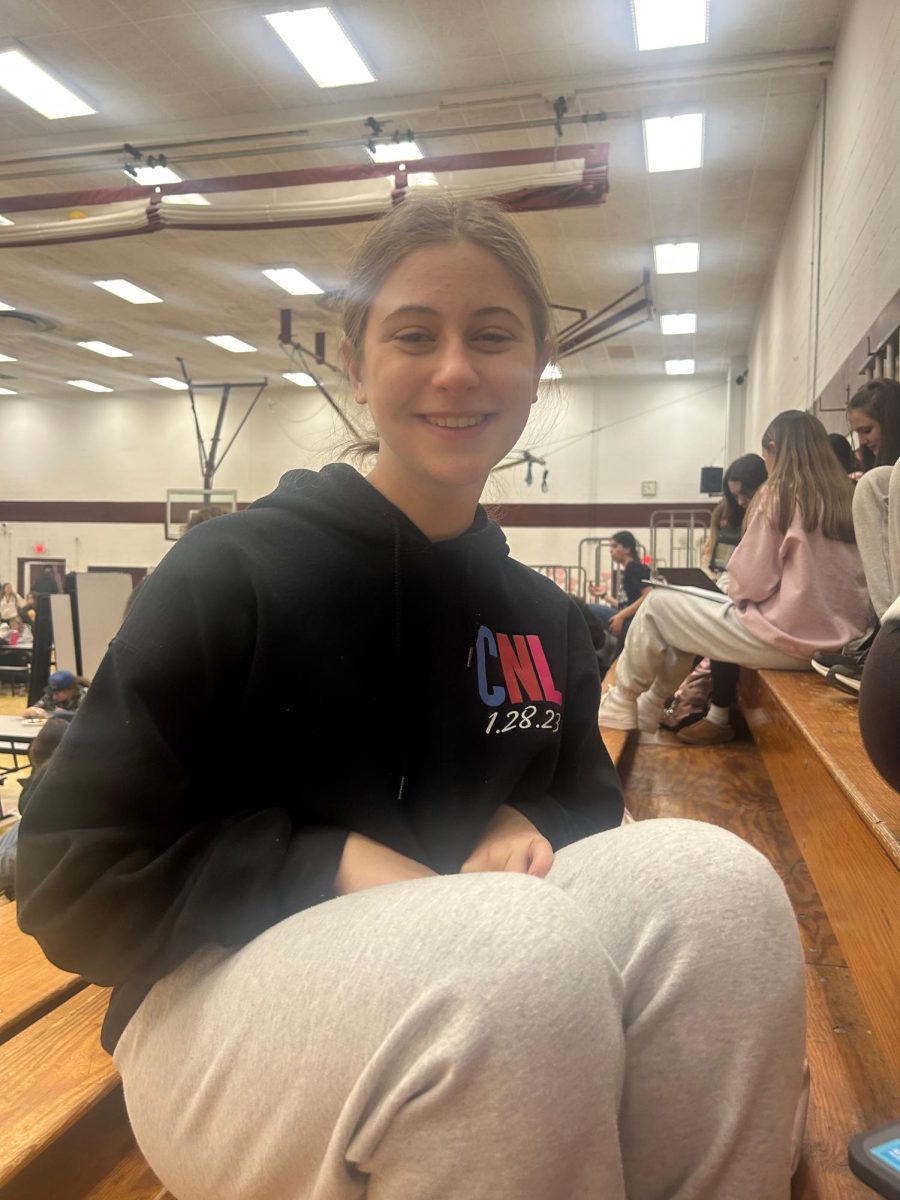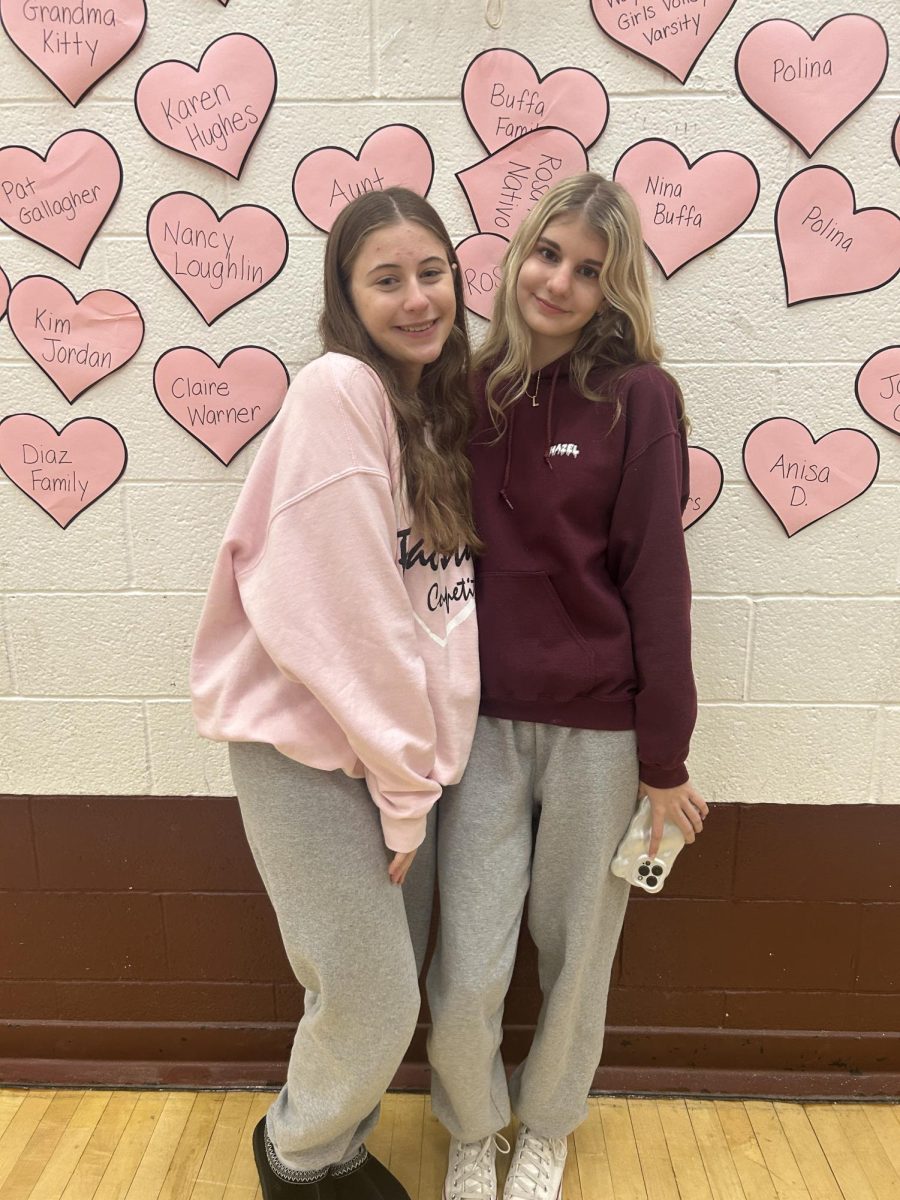Key Issues and Close Races as U.S. Midterms Approach
October 31, 2022
The 2022 midterm elections will be held on November 8th, with all seats in the House of Representatives and 35 seats in the Senate up for contest, making this election crucial for both parties.
For Republican candidates, former vice president Mike Pence has been a key endorsement as the vote draws closer. Previously outcast by many Republicans after refusing to overturn the results of the 2020 election, Pence has held events and fundraised for Republican candidates. Pence’s endorsement can help make right-winged candidates appealing to more moderate voters.
Former President Donald Trump is also scheduled to appear in Iowa, at a rally for Republican Governor Kim Reynolds and Senator Chuck Grassley.
As for Democratic candidates in races across the country, former president Barack Obama has been campaigning in states such as Georgia, Michigan, and Wisconsin to boost support. President Joseph Biden has also visited Oregon, California, and Colorado on a trip through the West while steering clear of states where presidential approval is below 50%.
In Georgia, Democrat Stacey Abrams is running for governor against incumbent Republican Brian Kemp, and many signs indicate a close race. Kemp, while previously targeted by Trump for certifying Biden’s electors in Georgia, has still maintained a strong Republican base of support. Not only does he hold an advantage as the incumbent, but he also holds a record of tax cuts and pay raises for teachers in Georgia that entice voters. Abrams, a prominent Democrat leader (both in Georgia and nationally), has outraised Kemp in campaign fundraising. If elected, she would be the first Black woman to hold the governor position in the state of Georgia.
In Oregon, a state seen as a Democratic stronghold for years, an unusually close race for governor could be one of the most competitive in this year’s midterms. Three candidates are running—unaffiliated Betsy Johnson, Democrat Tina Kotek, and Republican Christine Drazan. Johnson, previously a Democrat, has been accused of taking votes away from the Democratic candidate, making Oregon a surprisingly close contest.
The battleground state of Nevada also has two swing seat races drawing national attention, with Democratic incumbents Susie Lee and Steven Horsford running against Republican challengers April Becker and Samuel Peters. With Nevada facing high gas prices and unemployment rates, Republicans believe they can turn a blue seat red.
In other states, the midterms hold power over a variety of issues.
California is voting on a state amendment guaranteeing the right to abortion and contraception, a key issue following the overturning of Roe v. Wade.
In Georgia, Republican candidate for the Senate, Herschel Walker, denies his past support for a nationwide abortion ban. Additionally, 2 former girlfriends have come forward accusing Walker, the anti-abortion candidate, of paying for their abortions in 1993 and 2009.
West Virginia will be voting on whether the majority Republican legislature will control public schooling.
If a measure in Oregon’s state ballot passes, a waiting and vetting period would be required for gun purchases, and the buyer would have to obtain a permit first.
As November 8th approaches and early voting begins, several legal issues have already arisen. Over 100 lawsuits have been filed already about midterm processes, targeting laws about mail-in voting, early voting, and voter access. Most of these suits have been filed by Republicans, with party officials declaring preparation for recounts, litigation, and more challenges to election results.
“We’re now at the point where charges of fraud and suppression are baked into the turnout models for each party. Republicans charge fraud. Democrats charge suppression. Each side amplifies its position with massive and costly amounts of litigation and messaging,” stated Benjamin Ginsberg, the co-chair of the Election Official Legal Defense Network.
“These upcoming midterms are an incredibly decisive moment for our country’s future,” explained senior Yara Shobut. “I highly urge those that will turn 18 before the elections to vote because young voters are the most under-looked group of voters during midterms.”

